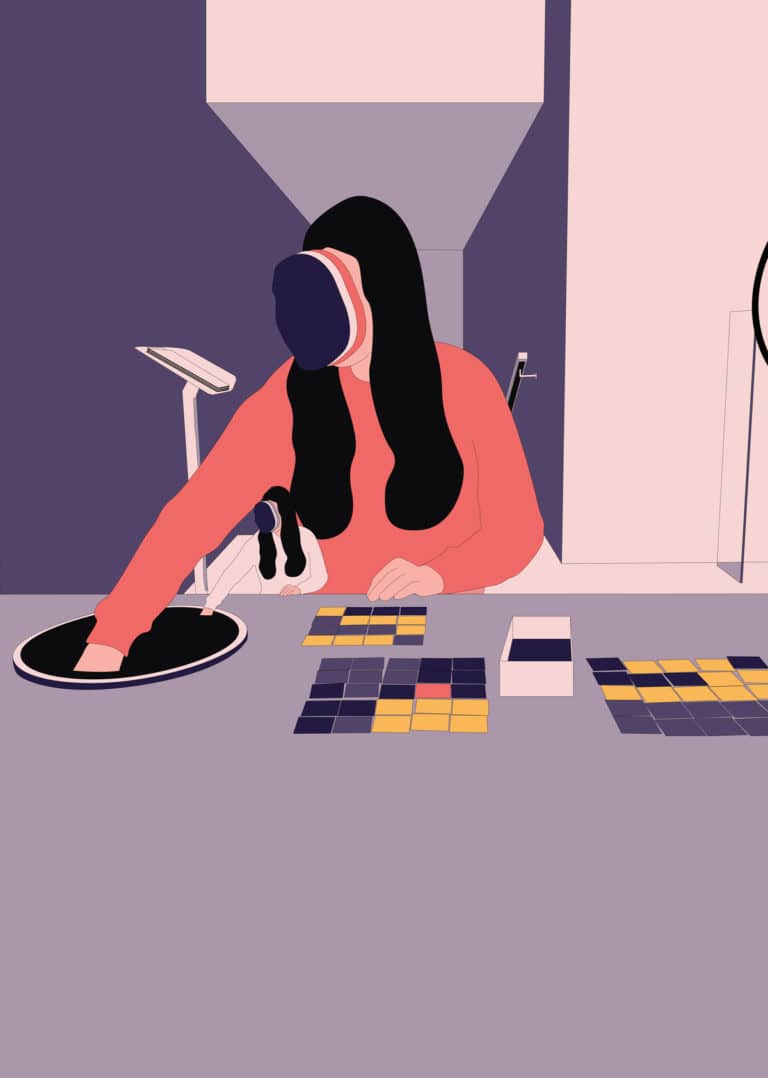The luxury of human interaction: parents need be worried

An emerging trend in the affluent bay-area communities amongst things like Soulcycle, and Kombucha, is directed at their children. The trend: reverting back to play-based preschools, with a focus on restriction or even complete elimination of technology. This trend seems to be extending all the way into the homes of these well-off families, including many C-Suite techies and “big-3” engineers attempting to protect their children from the perils of technology.
Up until recently, a common narrative when looking at the technology gap amongst youth was for those in low-income communities and their disadvantages due to too little technological resources. The fear was that these children would be left behind while well off-techy families would be gracing their children will all the skills they could ever need in our hyper-technological world. This still holds true in many ways. There’s a clear understanding that the gap in wealth equates to huge disadvantages in terms of future education and health amongst other things. In terms of technology in the United States, it’s estimated that 7 in 10 teachers assign homework online, even though one third of students (K-12) are unable to go online from their own homes.
An interesting solution for mitigating inequality in terms of access to technology arose in Utah—with the birth of the online pre-schools. The taxpayer-funded programme helped around 10,000 children across the state to learn and stay engaged via their own laptops. Not only is this programme a cheaper alternative to the more traditional preschools, but it offers a unique alternative to those children in remote parts of the state. The trade-off? Any real social or emotional learning experiences that students would develop from being in a physical pre-school. Technology, in this case, can provide a huge opportunity for those unable to attend physical pre-schools, but is it a viable option for those in less extreme cases? Unfortunately, for the time being, it seems unlikely. In Maine, a programme began that guaranteed a tablet for each student within its school system and according to NPR, while the investment in this programme cost $12 million, the state “has yet to see any measurable increases on statewide standardized test sources.” So with no real benefits yet, why else is there a trend for the rich to move away from technology?
A new narrative is emerging, one disclosing the factual issues behind increased screen time. Higher screen time has been proven to have many downsides, especially for children during their key years of development. More screen time is linked to higher rates of mental illness, increased risk of obesity and has been proven to have negative effects on a child’s ability to understand social cues which are nonverbal. Taking that into account, it’s important to understand that according to a 2011 study by researchers at Northwestern University, it’s become evident that minorities are constantly using their screens more than their white peers. It stated that Hispanic and black children watched on average 50 percent more TV than their white peers, while also using computers for up to a total of an hour and a half longer daily.
What’s almost most worrisome is that industry tycoons themselves are taking extreme measures to limit technology within their own homes. Tim Cook wouldn’t let his nephew join social media networks and Bill Gates banned cellphones with his own children until they were teenagers. Another warning bell rings from a group called Truth About Tech, comprised of former Google and Facebook employees whose sole focus is to push tech companies to make their products less addictive for the millions of children using them. Athena Chavarria, who heads Zuckerberg’s philanthropic foundation, the Chan Zuckerberg Initiative stated, “I am convinced the devil lives in our phones and is wreaking havoc on our children.” All of this leaves one with a very ominous feeling. What are they aware of that we aren’t? Why aren’t we as fearful as those heading these technological advancements?
The real problem is that for legislators, political figures, teachers and even parents, technology is sometimes a lovely and blindingly all-too-easy-solution. A solution for managing one’s children, a solution for quick or relevant homework assignments, a solution that addresses many of the problems that exist in the modern day world. As with most things though, the answer to real lasting changes and results is almost never simple and our ignorance in recognising this truth will have potentially horrible results on millions on children around the world for years to come. This is of course unless they’re lucky enough to afford the luxury of human connection, hawk-parents with tech-restrictions and trendy “throwback” daycares.




